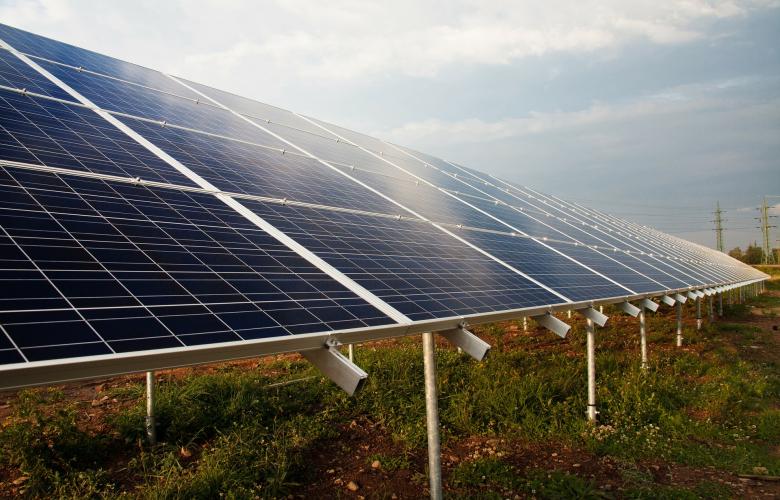The development of alternative energy sources across Indonesia is gaining traction in line with the Government's commitment to the Paris Agreement and their plans to reach a national target of 25% renewable energy share by the year 2025.
Nyoman Suwarjoni Astawa, General Manager of PLN Distribution in Bali, told local news wires recently that two privately built power plants in East and West Bali will be solar power plants (PLTS) and they are expected to be contributing to the island's electricity network by the beginning of 2021. By 2023 capacity is expected to reach 50MW for each plant.
Suwarjoni stressed developing alternative energy power plants in Bali was in line with the concept of making Bali an environmentally friendly province, independent of energy. "This will certainly be in line with the vision and mission of the governor of Bali to make this area a green province," he explained. It is hoped this will also make power cheaper as more people and private businesses get involved.
Terje Nilsen, Principal of Harcourts Seven Stones told WILLIAMS MEDIA it is very encouraging that "much talked about commitments are now being implemented." Developing Bali as an environmentally friendly province is one such commitment and alternative energy is a big step forward in that direction. Nilsen believes "developing Bali as a 'green destination' will certainly impact and improve the island's image, and in the long run will be better for businesses across the board as environmental care is key for everyone."
According to a recent report in The Jakarta Post, the government mandated PLN to take over the responsibility of developing communal solar panels and mini-hydropower plants in remote regions across the country beginning in 2018. This was something previously overseen by the Energy and Mineral Resources Ministry’s directorate general of energy conservation and renewable energy. This mandate allows PLN to negotiate a fair price directly with Independent Power Producers (IPPs).
Gapura Bali reported in February that Planning Manager of PLN Bali Distribution, I Putu Putrawan, said "whatever it is, PLN is ready to buy it. [Urban Waste Power Generation facilities] PLTSa can be treated the same as PLN's small internal power plants," he suggested. This effectively means more people have the opportunity to contribute and as a result, prices should theoretically reduce over time.
Sources: Bisnis, The Jakarta Post, Hogan Lovells, Lexology, Rambu Energy, Gapura Bali
Similar to this:
PLN Bali ready to support Urban Waste Power Generation
A first in Bali: turning trash into alternative energy
Is Bali better off being energy independent?





